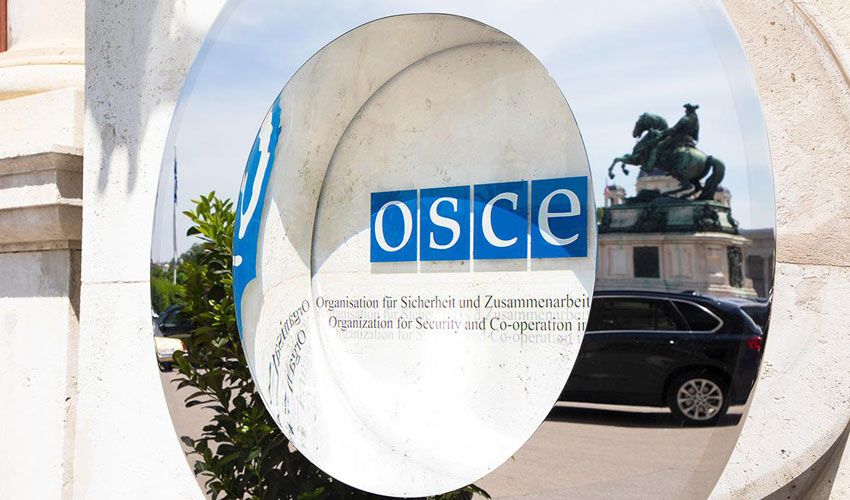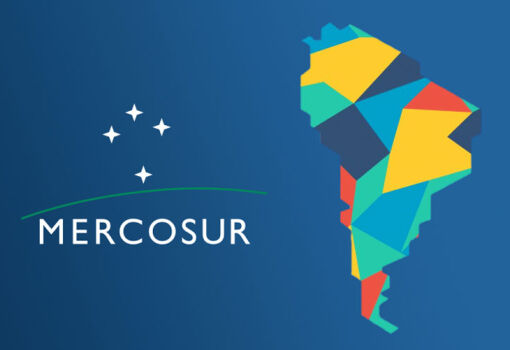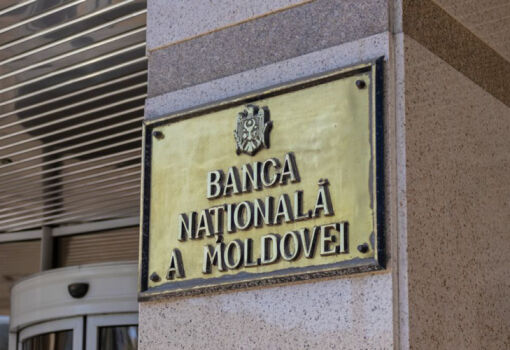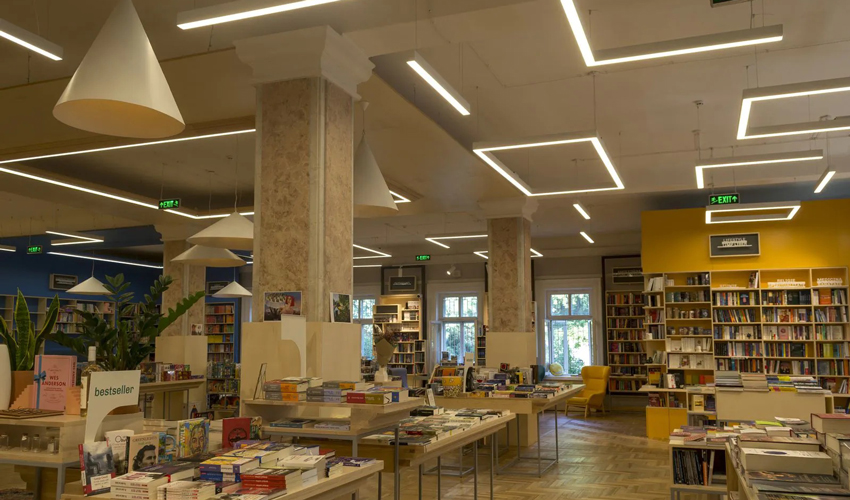
The assessment is contained in a statement by the Joint Monitoring Mission of the OSCE Office for Democratic Institutions and Human Rights (ODIHR), the OSCE Parliamentary Assembly (OSCE PA), the Parliamentary Assembly of the Council of Europe (PACE) and the European Parliament (EP).
The observers believe that the legal framework in Moldova provides a solid basis for holding democratic elections in accordance with international standards. The statement notes that recent amendments to the legislation have made key improvements to the process of organizing and conducting elections. These include clearer definitions of electoral corruption, stricter penalties and better regulation of campaign finance. However, frequent changes to the legislation, especially shortly before these elections, have undermined effective implementation as well as legal certainty, the statement said.
Observers also emphasize that these elections took place against the backdrop of unprecedented hybrid attacks, including illicit financing, disinformation and cyber attacks against the backdrop of deep political polarization of the country’s geopolitical orientation. In this context, the electoral authorities prepared professionally for the elections and were transparent in their work at all levels. There was great confidence in their competence and efficiency. However, a number of decisions taken on a partisan basis on some contentious issues called into question their impartiality and independence. Election day proceeded smoothly and was assessed positively in the vast majority of polling stations observed.
The statement notes that while voters had viable political alternatives, some new candidate requirements were too onerous and unclear. In addition, the decision to disqualify two parties from running in the final days of the campaign limited their right to an effective legal defense, European observers said. Electoral disputes were generally resolved efficiently, but some court decisions demonstrated different understandings of the new legislation affecting the right to participate in elections.
Speaking about Moldova’s media landscape, observers noted that it was diverse but polarized, which was reflected in election news coverage. Unfortunately, observers heard many reports of intimidation and harassment of journalists. While the media provided numerous opportunities for candidates to present their views and opinions in a variety of formats, narrowly partisan coverage in some media outlets and limited investigative or analytical reporting prevented voters from making informed decisions on election day.
The international election observation mission for the Moldovan parliamentary elections comprised 415 observers from 50 countries, including 269 ODIHR experts and long-term and short-term observers, 108 parliamentarians and OSCE PA staff, 24 from the PACE and 14 from the EP.













